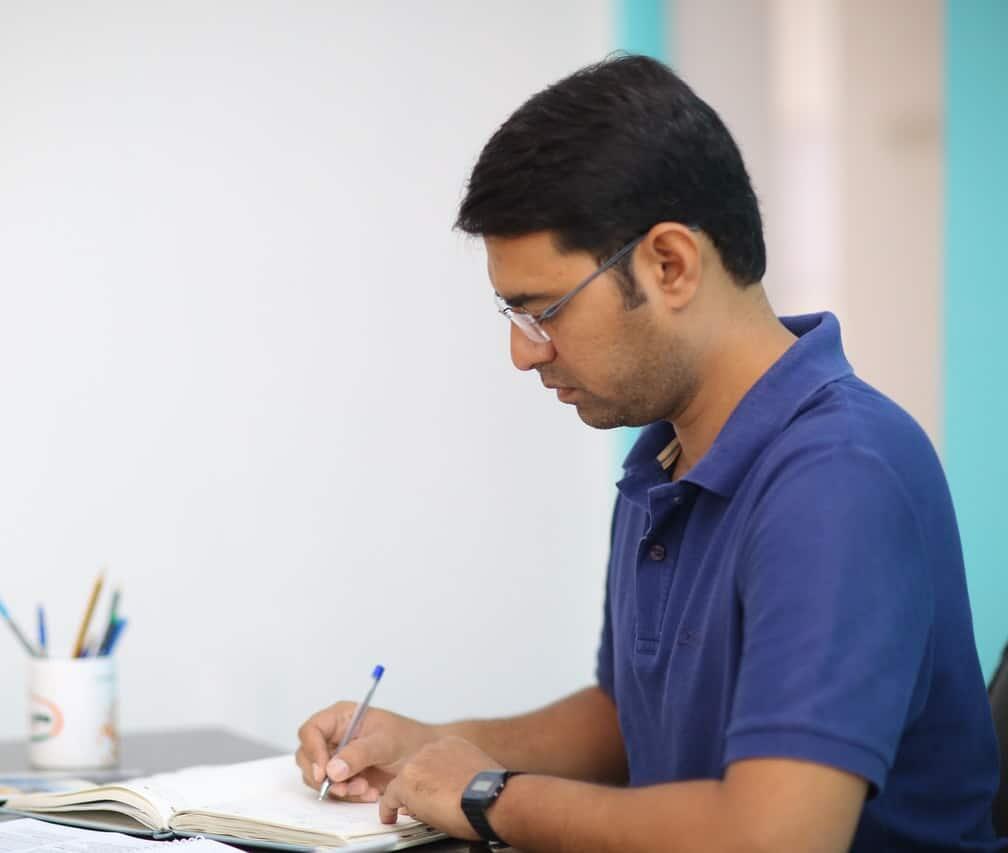Drug Detox
At Ocean Recovery, we provide one of the most successful drug detoxification programmes from our UK based drug rehab clinic. Request a CallbackOur Centres
Rehab In Northern England

Google Reviews
4
Rehab in Scotland

Google Reviews
5
Rehab in Greater London

Google Reviews
4.5
Rehab in the Midlands

Google Reviews
4











